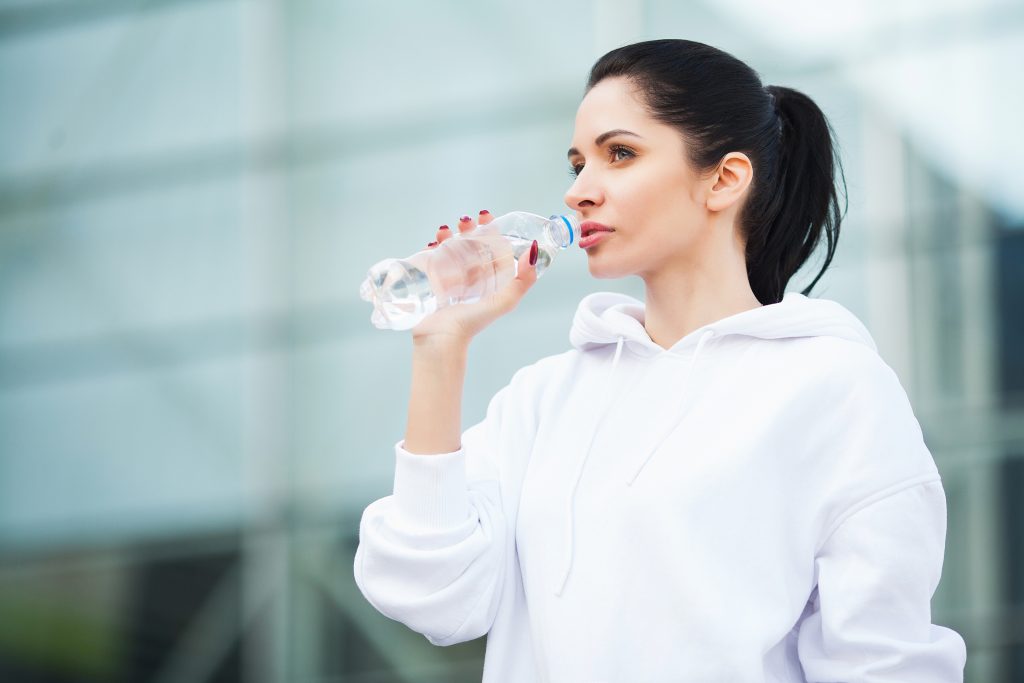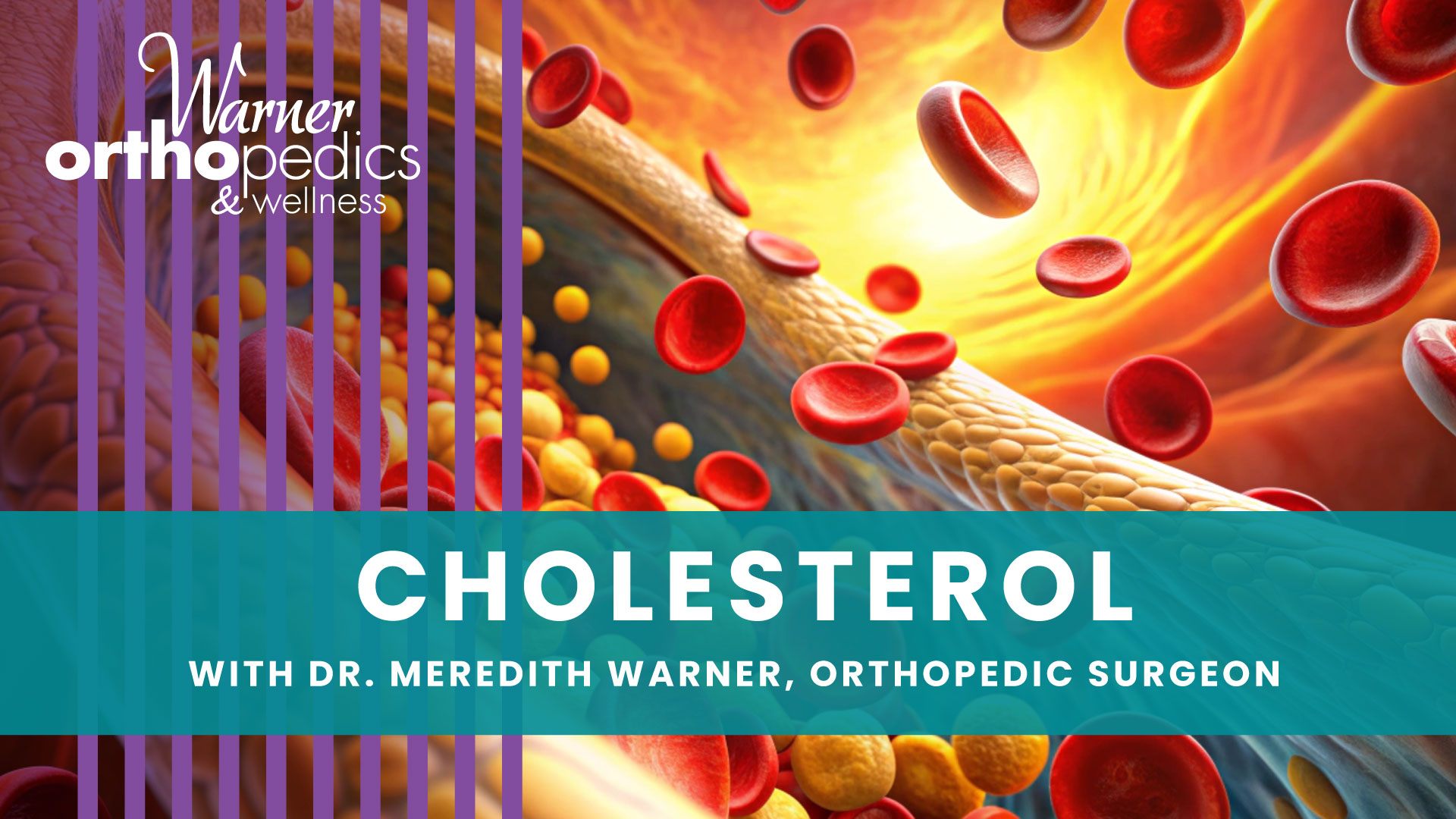Can Water Alone Cure Muscle Cramps?

Muscle cramps are involuntary and often painful contractions that can affect multiple muscle groups. Most often, muscle cramps will affect the legs, and can occur in the middle of the night.
Those who experience leg cramps in the middle of the night usually report feeling the cramping sensation along the calf muscle, but the back and front of the thigh can be impacted as well.
However, cramps are not limited to the legs. Here are other common regions of the body that can experience muscle cramps:
- Abdomen, especially during exercise
- Arms and shoulder
- Hands and fingers
- Feet, especially along the arch or in the toes
The most common symptom of a muscle cramp is an intense contraction followed by sharp pain. These cramps can last from a few brief moments to 20 minutes or more. If you’re awoken in the night by a leg cramp, you may not be able to walk due to the pain.
What Causes Muscle Cramps?
Muscle overuse is a big factor that plays into how often you have muscle cramps, how long they last, and how painful they are. Damaged muscles can spasm and cause intense pain, so it is important to make sure you use correct postures and take appropriate rests while exercising.
While you’re exercising, you should also take care to hydrate, as dehydration is another common cause of muscle cramps. Fluids assist your muscles in contracting and relaxing smoothly, and keep your muscle fibers and cells from becoming irritated.
If you are dehydrated, irritation can cause your muscles to cramp – so be sure to drink lots of water during exercise and rehydrate throughout the day.
Making sure to hydrate before physical activity is especially important in preventing muscle cramps from happening in the first place. A 2019 study found that the likelihood of muscle cramps can actually increase if you drink too much water after exercise – so be sure to get a reasonable amount of water before and during exercise, not just after.
Some have found that rehydrating with copious amounts of basic water actually induces or exacerbates muscle cramping. It is thought that this is due to even more dilution within the human system and a further depletion of necessary vitamins, electrolytes and elements for proper muscle function.
Rehydration with water combined with electrolytes seems to be the best way to prevent this paradoxical cause of muscle cramps.
Don’t Forget Nutrition
Nutritional deficiencies can also contribute to muscle cramps – so while hydrating is very important in cramp prevention, it’s also important to make sure you’re eating a balanced diet as well.
Deficiencies in common vitamins such as magnesium, sodium, and potassium can make you more susceptible to muscle cramps, so be sure to balance water and electrolyte intake so your muscles are getting everything they need to function properly. One of the more common causes of muscle cramping is also anemia; muscles cramp if they do not receive enough oxygen and this requires iron and red blood cells.
If you aren’t certain that you’re getting these vitamins in your diet, it is almost always a good idea to supplement with a curated selection of vitamins.
At Warner Orthopedics & Wellness, we can search for the root cause of your muscle cramps and recommend a treatment plan – more water consumption, lifestyle changes, supplement recommendations, etc., – to prevent them. Make your appointment today:





